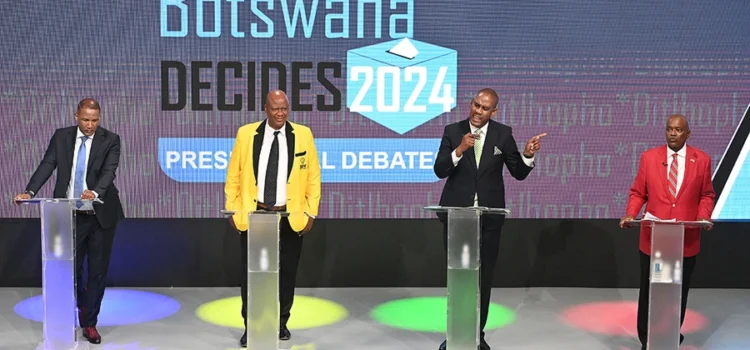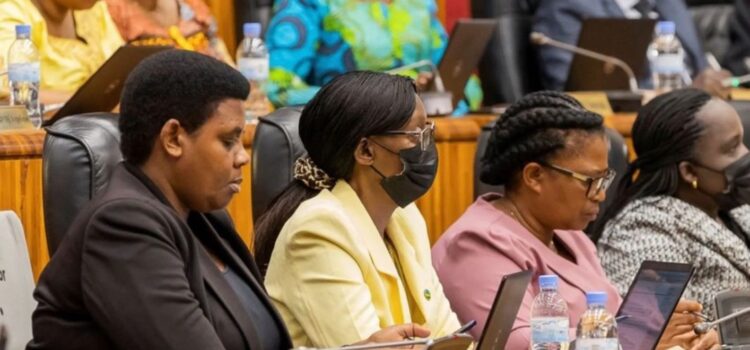The Botswana 30 October 2024 General Elections were the 13th consecutive democratic
elections since 1965. The Botswana Democratic Party (BDP) had ruled Botswana since the
country gained independence from Britain in 1966, dominating the country’s politics for
nearly six decades. The country has been held up as one of Africa’s most stable
democracies and is regarded as a post-colonial success story, having built one of the
highest standards of living in the region through an economy that largely relies on
diamonds.
General elections in Botswana are held every five years after the expiry of one life of
Parliament. Ordinarily, Parliament dissolves in the 5th year, giving way to the holding of
general elections. National Assembly and Local Government elections are held in one day
and conducted in accordance with the established electoral legal framework of Botswana
and internationally recognised principles and standards. The general elections decide the
makeup of its Parliament, and lawmakers then choose the President. In 2024, candidates
contested for 61 seats in the National Assembly from single-member constituencies and a
party with a majority of seats (31) was to form the government as provided for in the legal
framework.









